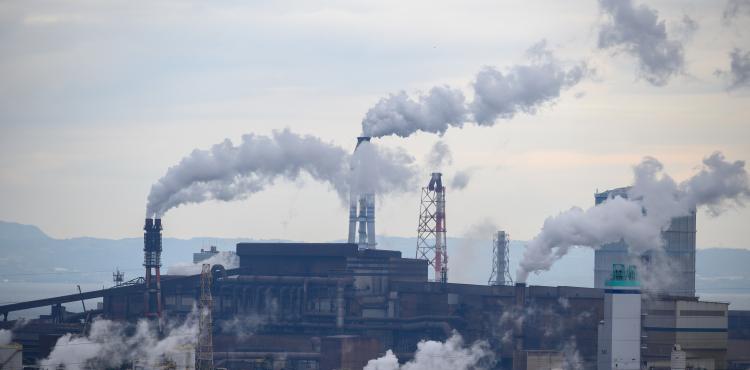
Zero carbon emissions by 2050 as required by the EU targets would lead to the creation of 5 million new jobs in Europe. And Italy would be the country able to take advantage of this socio-economic boom, thanks to the production of hydrogen and its competitiveness in the renewable energy sector. Prospects for a bright future that emerge from the report "Net-Zero Europe” conducted and published by the consulting firm McKinsey & Company that analyses the socio-economic aspects of decarbonisation of Europe with the reduction of emissions of so-called greenhouse gases in the two steps set to 2030 and 2050 by the EU itself.
According to the McKinsey study, environmental and geographical factors such as climate, farming practices, reforestation, CO2 storage, will be the first to determine how and how easily the various European States can take the path of decarbonisation, the development of solar plants and wind farms. For example, North European countries, compared to those in the south, could benefit from 30 to 60% more hours of wind using "onshore" wind farms, e.g. on land. The southern countries, on the other hand, would benefit from the extra thousand hours of sunlight they receive each year.
However, a strong investment in technologies and innovation will be needed towards large-scale electrification, the use of hydrogen as an energy source and the use of biomass. The report says that in order to achieve the "net zero" target by 2050, Europe should invest an average of 800 billion euros a year in clean technologies and techniques. Investments that would bear fruit, not only in the environmental field, but also in socio-economic terms, with the creation of 5 million new jobs that would arise in renewable energy (1.54 million), agriculture (1.13 million) and construction (1.1 million).